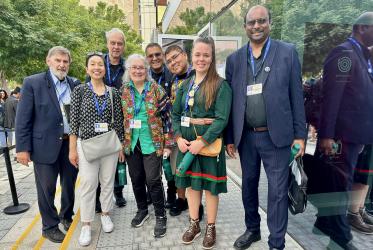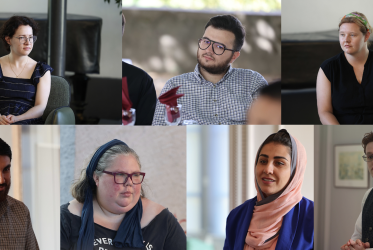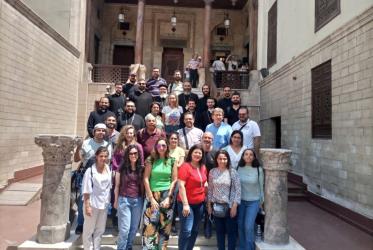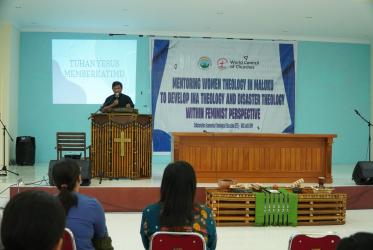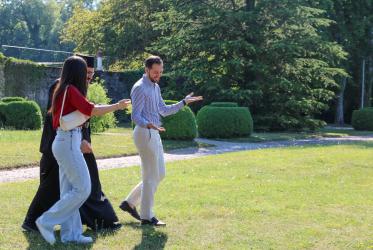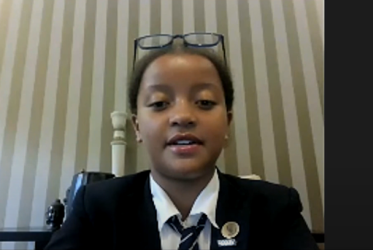Pan-African Women of Faith and the Vision of Christian Unity, Mission, and Justice
Angélique Keturah Walker-Smith
The author shares the untold stories of several pan-African women of faith from Africa, North America, Latin America, the Caribbean, and Europe who provided local, national, and global ecumenical leadership during formative periods of the modern-day ecumenical movement.
In addition to the author’s personal experiences with these women, the publication offers an important rewriting of the ecumenical narrative from a pan-African Women’s lens. It is hoped that the publication will strengthen the ecumenical agenda of a more inclusive community that embraces the objectives of the pilgrimage of justice and peace as it embraces the experience of these women who have historically been marginalized and affected by racism and gender discrimination.
01 November 2023




